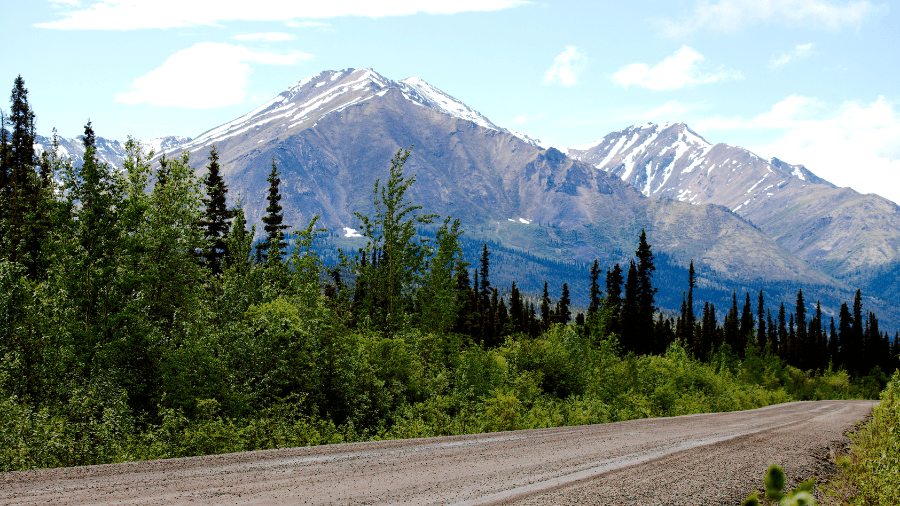This article originally appeared in the Hill Times.
By Ken Coates, February 1, 2024
Something important is up in the Far North. With the signing of the Nunavut Devolution Agreement, Canada is completing Confederation.
Prime Minister Justin Trudeau travelled to Iqaluit to join Nunavut Premier P.J. Akeeagok, Nunavut Tunngavik Inc. president Aluki Kotierk, and federal Northern Affairs Minister Dan Vandal on Jan. 18, 2024, to sign the history-making document. What seems to be a technical administrative process is, in fact, a transformative event in the evolution of the North.
Canadians have had trouble coming to terms with their status as a colonial power, both on the broad front of the mismanagement of Indigenous affairs, and the more traditional colonial control exerted over the territories. In 1870, the Northwest Territories stretched from the Rocky Mountains to Labrador, and the 49th parallel to the Arctic Ocean and much of Baffin Island—much larger than the original four provinces.
Over more than 150 years, Canada slowly peeled back its colonial holdings. Manitoba grew from a “postage stamp” province to its current dimensions. Alberta and Saskatchewan were carved out of the Northwest Territories. The Arctic Islands were added in 1880. The Yukon gained separate territorial status in 1898. Ontario and Quebec had their boundaries extended northward. The remaining lands of the Northwest Territories covered much of the Far North until Nunavut was created as a separate territory in 1999.
The establishment of provincial and territorial boundaries did not establish political fairness across the country. Alberta, Manitoba, and Saskatchewan only secured control over natural resources in 1930, although the lack of consultation with Indigenous Peoples has resulted in a recent court challenge about the exclusion.
The Yukon only got responsible government in 1979; before then, the Yukon and the Northwest Territories were controlled by federally appointed commissioners.
When Canada patriated the Constitution, the final agreement virtually foreclosed the prospect of the Yukon, the Northwest Territories and Nunavut ever achieving full provincial status.
Given less than a perfect hand, the northern territories have systematically negotiated their way into partnership in Confederation. Modern treaties and self-government agreements that now cover much of the Yukon and Northwest Territories and all of Nunavut re-empowered Indigenous Peoples.
Devolution—the transfer of responsibilities (and the funding associated with these duties) from the federal government to the territorial governments—reduces the power of Ottawa and brings the territorial governments closer to province-like status.
The process unfolded slowly. The territories assumed responsibility for health care, education, highways, and many other duties over time.
But the most important transition, the transfer of responsibility for land and natural resources, remained to the end.
The recent Iqaluit signing was a celebration of this crucial stage. The agreement gives Nunavut province-like powers over resource development and land use.
The agreement promises a different future. Nunavut has impressive mineral resources and considerable opportunities to develop them. Akeeagok and his colleagues emphasized the importance of resource control and their eagerness to do it right, making it abundantly clear that the people of Nunavut are determined to change decision-making about the territory. This point is critical—and it is the main purpose of devolution.
For generations, decisions were made in Ottawa, with no direct engagement with the people of the territory. Judgments reflected southern or national priorities and not necessarily northern needs. While consultations improved, final decisions still rested outside the territory. That has now ended.
The transfer does not signal a retreat of the federal government from the North, nor does it mark an end of northern requests for federal financial support. Small and widely distributed populations, vast expanses of land, and the high cost of living, working, and building will always make the Far North reliant on southern funds. But the balance can shift. With control of natural resources and the ability to extract territorial revenue along with the minerals, Nunavut will secure more money and even greater autonomy from Ottawa.
The Nunavut agreement means that all three northern territories now have control of land and natural resources. The federal government has a significantly reduced role. Like the southern provinces, the Far North now has the power and responsibility needed to determine their own economic futures.
Ken Coates is a distinguished fellow and the director of Indigenous affairs at the Macdonald-Laurier Institute.





